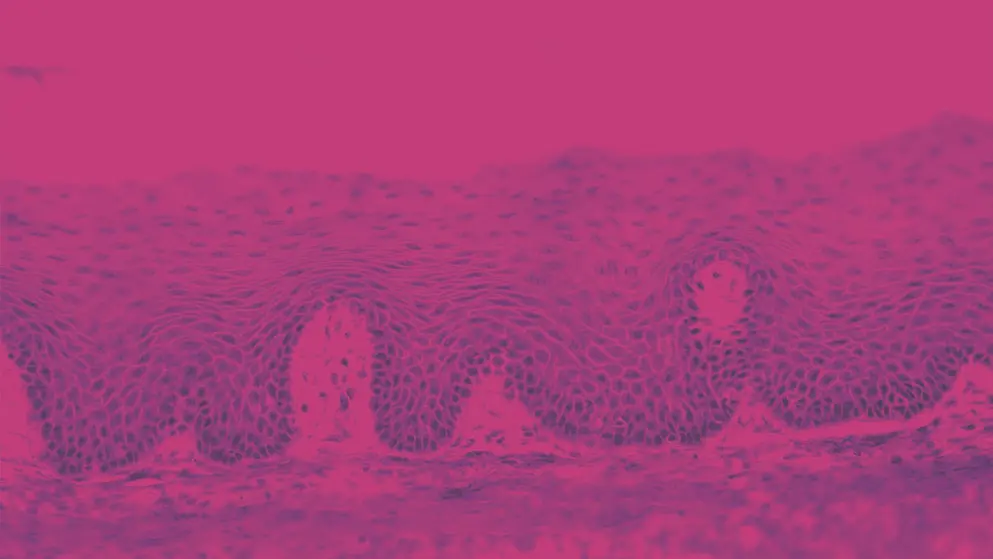
Dupiximab confirmatory phase III trial, LIBERTY CUPID Study C met primary and secondary endpoints to treat chronic spontaneous urticaria
A Dupixent (dupilumab) confirmatory phase III study (LIBERTY-CUPID Study C) met the primary and key secondary endpoints for the investigational treatment of patients with uncontrolled, biologic-naïve CSU ( chronic spontaneous urticaria ), receiving background therapy with antihistamines
CSU is a chronic skin condition that causes sudden and debilitating hives and persistent itch, which can impact quality of life. This positive study confirms results from Study A, the first phase III study of Dupixent in this setting. Earlier this year, Japan was the first country in the world to approve and launch Dupixent for adult and adolescent CSU patients based on the results from Study A.
Dietmar Berger, M.D., Ph.D.. Chief Medical Officer, Global Head of Development at Sanofi; “The positive pivotal data from this study reinforce the potential of Dupixent to offer a new treatment option for the many people suffering from chronic spontaneous urticaria who do not respond to standard-of-care antihistamines. With clinically meaningful reductions in itch and hives for patients receiving Dupixent, we look forward to sharing these data with the FDA to bring Dupixent to patients with CSU in the US as soon as possible. With Dupixent now treating 1 million patients across seven approved indications, these new results underscore there are still many more patients that Dupixent can potentially benefit.”
Study C enrolled 151 children and adults randomized to receive Dupixent (n=74) or placebo (n=77) added to standard-of-care histamine-1 (H1) antihistamines. At 24 weeks, efficacy among patients receiving Dupixent compared to placebo was as follows: i. 8.64-point reduction in itch severity from baseline with Dupixent versus a 6.10-point reduction with placebo (p=0.02). ii. 15.86-point reduction in urticaria activity (itch and hive) severity from baseline with Dupixent versus an 11.21-point reduction with placebo (p=0.02) Notably, 30% of Dupixent-treated patients reported no urticaria (complete response), compared to 18% of those on placebo (p=0.02).
The safety results were generally consistent with the known safety profile of Dupixent in its approved dermatological indications. Overall rates of treatment emergent adverse events (AE) were 53% for Dupixent and 53% for placebo. AEs more commonly observed with Dupixent ( greater than 5%) compared to placebo included injection site reactions (12% vs. 4%), accidental overdose (7% vs. 3%), and COVID-19 infection (8% vs. 5%).
Detailed results from this study will be provided to the FDA in response to the additional data requested for inclusion in the supplemental biologics application for Dupixent in CSU. These data are also planned for presentation at a forthcoming medical meeting.
About the Dupixent phase III CSU program (LIBERTY-CUPID); The LIBERTY-CUPID Phase III study program evaluating Dupixent in CSU consists of Study A, Study B, and Study C.Study C was a randomized, double-blind, placebo-controlled clinical study that evaluated the efficacy and safety of Dupixent as an add-on to standard-of-care antihistamines compared to antihistamines alone in 151 patients aged six years and older with CSU who remained symptomatic despite antihistamine use and were not previously treated with omalizumab (i.e., biologic-naïve). The primary endpoint assessed the change from baseline in itch at 24 weeks (measured by the weekly itch severity score [ISS7], 0-21 scale). A key secondary endpoint was the change from baseline in itch and hives at 24 weeks (measured by the weekly urticaria activity score [UAS7], 0-42 scale) .Study A supported the approval of Dupixent in Japan for the treatment of CSU in people aged 12 years and older whose disease is not adequately controlled with existing therapy. Results from Study A and Study B, which assessed Dupixent in patients aged 12 years and older who were uncontrolled on standard-of-care H1 antihistamines and refractory to omalizumab, were published in The Journal of Allergy and Clinical Immunology.
Citation; "Dupilumab in patients with chronic spontaneous urticaria (LIBERTY-CSU CUPID): Two randomized, double-blind, placebo-controlled, phase III trials".Marcus Maurer, MD, Thomas B. ,Casale, MD,, Sarbjit S. Saini, MD,, Moshe Ben-Shoshan, MD,, Ana M. Gimenez-Arnau, MD, PhD,, Jonathan A. Bernstein, MD, Akiko Yagami, PhD,, Aleksandra Stjepanovic, MD,et al. -J Allergy Clin Immunol 2024;154:184-94. 2024). https://doi.org/10.1016/j.jaci.2024.01.028.

